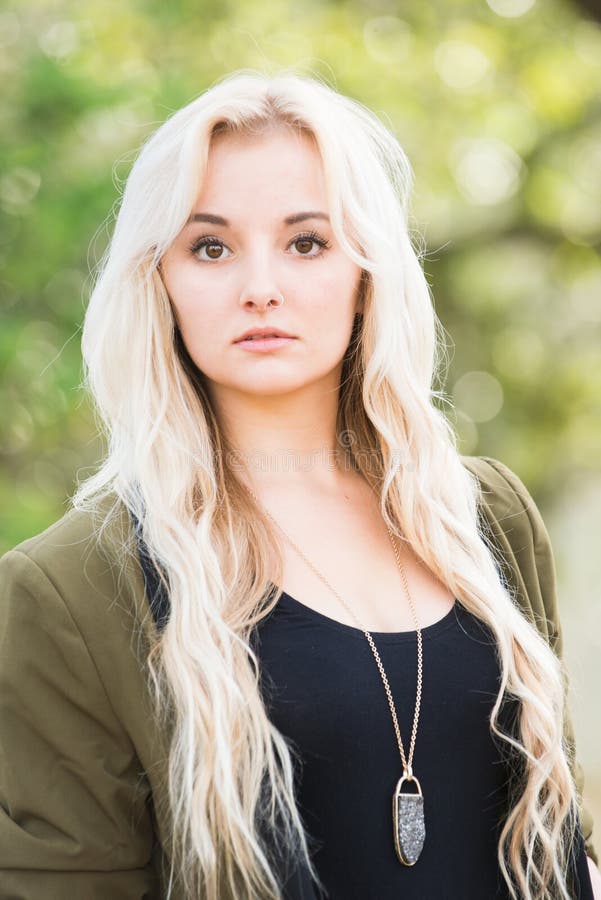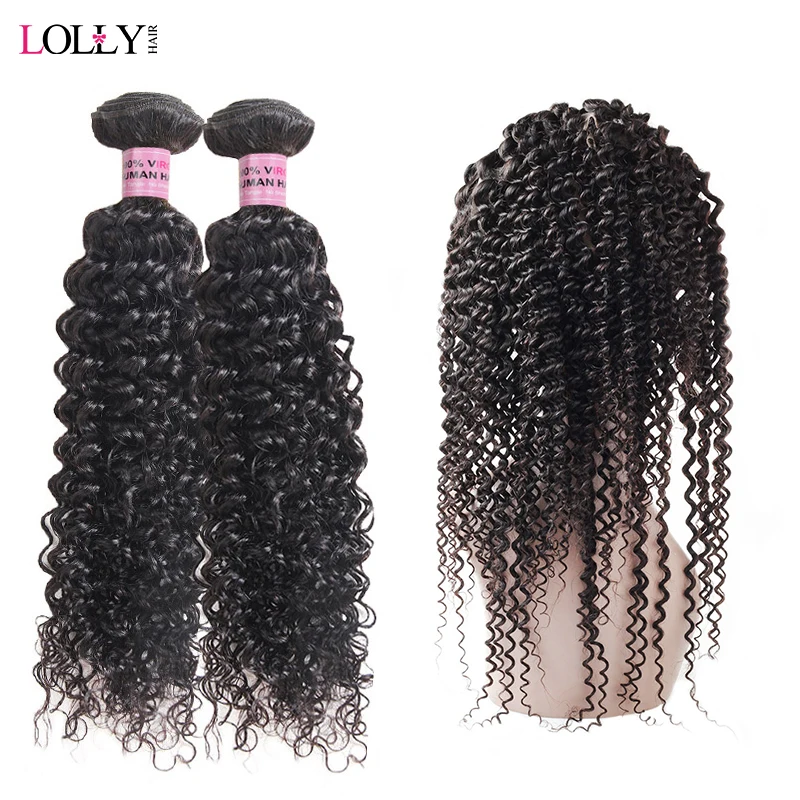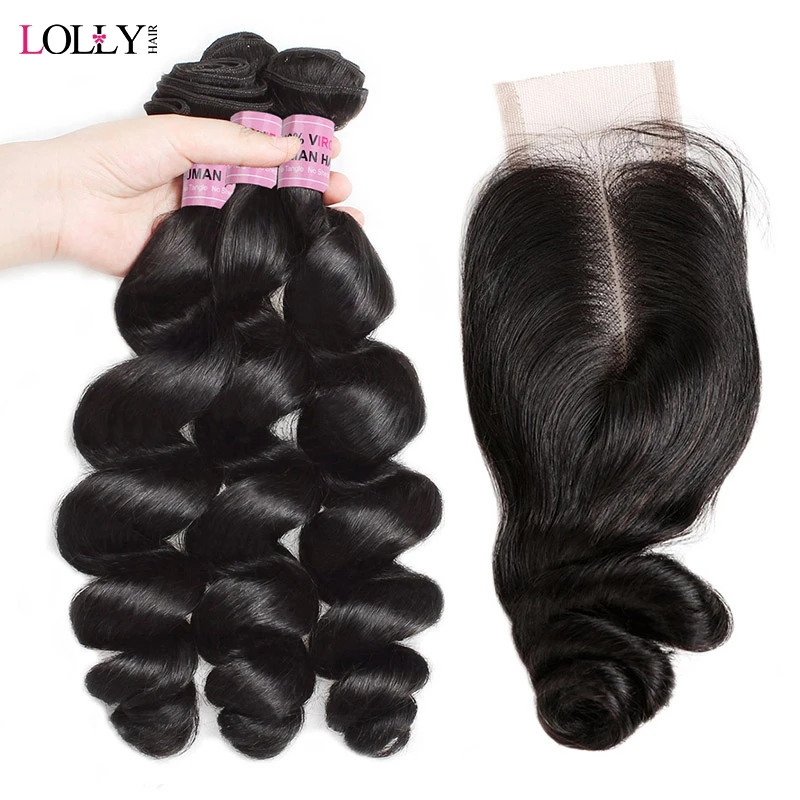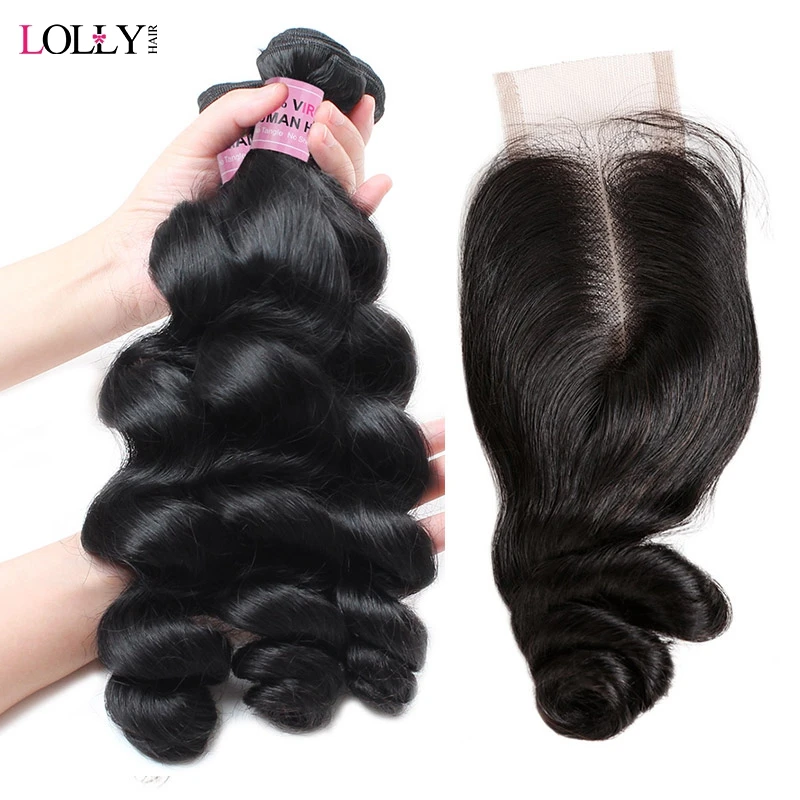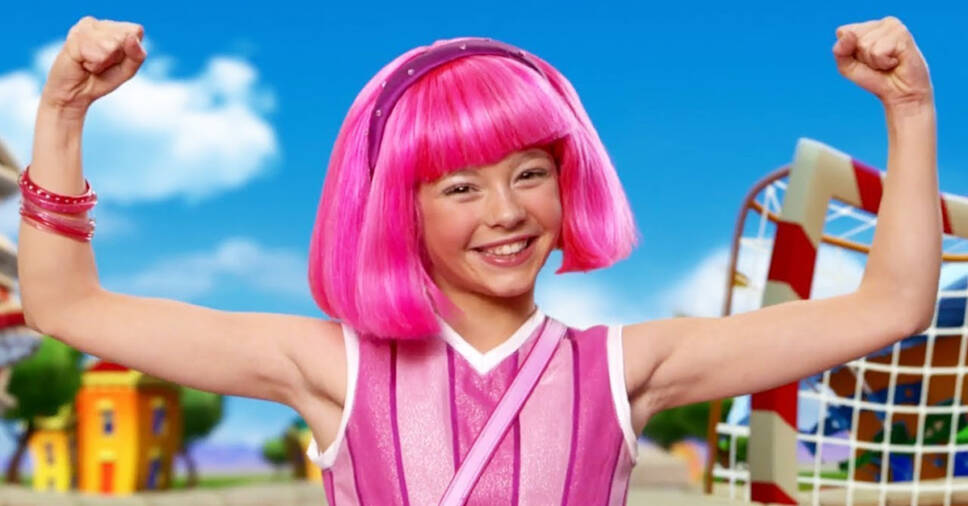Table Of Content

Avoid harsh hair treatments like heating tools, hair dye and bleaching. Hairstyles like tight ponytails or braids can affect your hair as well. Keep your scalp healthy by washing your hair and scalp regularly. You may not be getting enough protein each day and that can affect your hair growth.
Care at Mayo Clinic
It's not typically recommended for women of reproductive age due to potential risks to a developing male fetus and may cause sexual side effects in some men. While hair thinning might not always lead to visible baldness, it can still significantly impact the overall look and feel of the hair. Both hair loss and hair thinning can be influenced by various factors, including genetics, hormonal changes, medical conditions, and lifestyle factors.
Cancer: Managing Symptoms Discussions
Before trying it, though, she recommends enlisting the help of a dermatologist, who can determine which concentration and dosage is right for you. While hair loss isn’t itself dangerous, losing your hair is an emotional experience. Unwanted changes to your appearance can influence your self-esteem and social life. Some people find comfort in talking with a mental health professional if their hair loss causes discomfort.
What questions should I ask my healthcare provider?
In a 2014 animal study, peppermint led to more hair growth over 4 weeks than saltwater, jojoba oil, or minoxidil 3%. A person should always dilute essential oils with a carrier oil, such as jojoba or coconut oil. They should never apply an essential oil without diluting it first, and they should never take an essential oil by mouth. The risk of the condition increases with age, but alopecia areata appears on average in people aged 25–36 years. Genetic factors may play a role, and there are links with other autoimmune conditions, such as systemic lupus erythematosus, or lupus. This usually isn't noticeable because new hair is growing in at the same time.
document.getElementsByTagName('head') .appendChild(rs);
This likely encourages hair to grow back fuller and speeds up the rate at which lost strands are replaced. It’s available over-the-counter—generically and under the brand name Rogaine—in both 2% and 5% formulations. Hormonal fluctuations during menopause, pregnancy, or conditions like polycystic ovary syndrome (PCOS) can also contribute to hair thinning.

Before pursuing hair loss treatment, talk with your doctor about the cause of your hair loss and treatment options. "People think of hair loss or pattern baldness happening only to men," says Dr. Dawn Davis, a Mayo Clinic dermatologist.. And while the signs might not be as obvious as in men, about 55% of women experience some hair loss by the time they're 70. Treatments to prevent or stop it can help many women who are losing their hair.
At-home laser therapy
Essential oils are liquids derived from certain plants, and they’re primarily used in aromatherapy and other types of alternative medicine. Perhaps the cheapest method of trying to get thicker hair is scalp massage. It doesn’t cost anything, and if done correctly, it isn’t harmful.
An expert will know how to determine whether your hair will grow back on its own or if you need a personalized treatment plan to turn things around. Androgenetic alopecia, which health experts also refer to it as male pattern and female pattern baldness, results from genetic and hormonal factors. Your dermatologist might suggest a hair transplant as an option if you're experiencing thinning or balding in a specific area due to male or female pattern baldness.
Try essential oils
You can soothe any tender areas by applying a topical corticosteroid lotion or ointment to your scalp, which acts as an anti-inflammatory, Dr. Lo Sicco says. Hydrocortisone 1% is available over-the-counter—anything stronger requires a prescription. For symptoms of extreme inflammation, including stinging and acne-like bumps around the base of the hair, it’s a good idea to see a dermatologist. Depending on the severity, they may recommend corticosteroid injections for additional relief, she adds.
You Can Stop Looking–We Found The Best Serum For Hair Growth - SheFinds
You Can Stop Looking–We Found The Best Serum For Hair Growth.
Posted: Thu, 25 Apr 2024 13:00:38 GMT [source]
Your doctor will also look at other areas on your body like your eyebrows, lashes, underarms, pubic area, legs and arms to assess if there’s hair loss. Losing your hair not only affects your appearance, but it can also cause emotional stress and affect your confidence. There are a few things you can do to help stop hair loss, though.
Corticosteroids, such as hydrocortisone and prednisone, are commonly prescribed (topically, orally, or through injections) to both alleviate inflammation and curb the autoimmune response. “These medications help suppress the immune system’s overactivity and encourage hair regrowth,” Dr. Mitchell explains. The FDA also recently approved a new drug for severe cases of alopecia areata called Litfulo (generic name, ritlecitinib). The medication stimulates hair growth by quieting part of the immune system.
